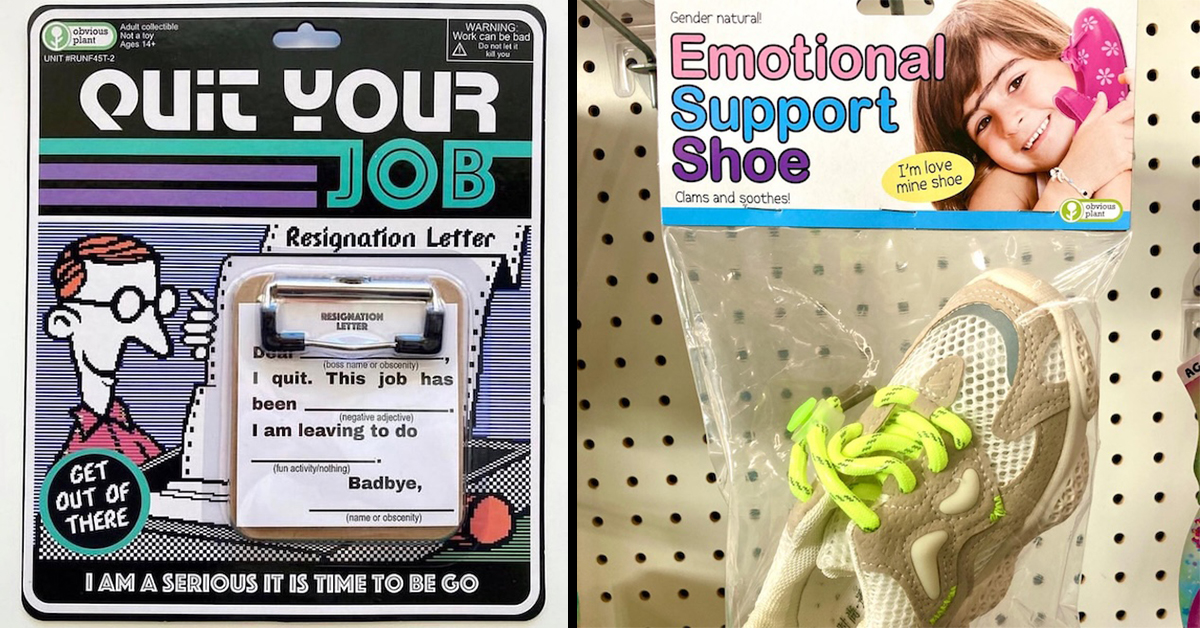5 signs you’re fueling entitlement at work

Ask any employer about their current workforce tribulations, and unabashedly, “entitlement” raises its hand as probable cause. But if your mind has gone straight to Gen Z and younger millennial employees, pause for a moment. Entitlement now pervades every generation, job function, title, and demographic. It’s a behavioral contagion, akin to yawning or laughing, but with workplace effects that are anything but benign.
Employee entitlement hasn’t emerged independently. It’s shaped by context. Post–pandemic, the workplace faced a global skills crisis. In response, organizations upped the ante. Salaries rose, perks and benefits were no longer a bonus but a prerogative, and more—so much more. Companies doled out anything to attract and keep employees. With that came the shift of power and influence.
The alternative was decreased returns with increased workloads and pressure, so it made sense. Don’t think of it as an employee’s personal flaw, but a system response. Here are some signs you may need to reset the system—and put healthier expectations in place for everyone to thrive at work.
1. Rescuing instead of supporting
The shift toward more empathetic leaders is long overdue. Empathy and understanding in the right measure forges trust and deepens relationships. But with too much support, managers can fall into the trap of over-accommodating, weakening the very structure we are trying to strengthen. Before we know it, the role has morphed from manager to workplace guardian and carer.
Support without boundaries enables dependency. We buffer, soften, and sometimes take over when things get hard. It removes the precious opportunity to learn and grow, instead creating a learned helplessness.
When we overprotect, we underprepare. The fix: Challenge is where resilience is built. Let your team go through the tough lessons.
2. Making rules à la carte
It’s otherwise known as inconsistent standards. You bend the rules to avoid conflict, and think you are keeping people happy. You might look the other way from repeated tardiness or dropping the ball on customer response times. You might let the team repeatedly rearrange meetings to suit personal needs while on the clock.
When rules and policies are viewed as optional, other workplace expectations are also seen as negotiable. Your employees, of course, believe they are now entitled to different treatment and will resist any attempt to restore standard company rules and policies. Why wouldn’t they? You haven’t held the line before and instead been whimsical in response. The fix: it’s time to communicate that expectations have become too lax as of late, and you’ll be (kindly) holding up firmer standards from now on.
3. Giving rewards without anchors
Rewards work best when they’re anchored to behaviors and outcomes that serve the organization’s actual objectives, not its moods. While moments of appreciation matter, recognition that’s not tied to performance risks becoming more about emotional optics than meaningful impact. And rewards given as a thank you need a direct link to the act being appreciated.
That’s because recognitions handed out without anchors cause confusion, both for those rewarded and those observing. When rewards feel arbitrary, morale doesn’t rise, it fractures. And just like that, resentment takes root. Bonuses not linked to transparent, measurable goals quickly shift from recognition to assumption. It becomes a right and not a recognition for achievement. The fix: make every recognition clear for how it helped the team, the business, or the goals.
4. Over-accommodating for poor performance
In this case, poor performance is explained away instead of corrected. You find a way to make it okay—they’re still coming up to speed, or the working environment is different now. After all, you have been told to be more flexible and patient, and to relax a bit on yesterday’s standards. In a workplace that also calls for upskilling and training, it’s understandable to lessen the pressure.
But too much over-accommodating shifts to, “as long as you try, it’s okay.” Or a culture of blame for underperformance being out of their control: “I wasn’t given enough training, time, or resources.” Over time, this erodes ambition and personal agency—and it’s often why teams start to feel directionless. Continued poor performance is not business sustainable. Mediocrity becomes the norm, and it’s a downward spiral. The fix: address when an employee’s missed the mark, and make a plan together so they can hit it next time.
5. Taking psychological safety too far
Speaking up, having a voice, admitting mistakes, and expressing yourself without fear of negative consequences are fundamental for team success and employee engagement. But psychological safety doesn’t mean perpetual comfort. There are consequences for mistakes, and not everything voiced needs to be heard.
Safety and accountability must coexist. A culture of shielding employees from standard workplace pressures, not receiving challenging feedback or criticism for fear of reaction or using psychological safety as a weapon becomes problematic. When discomfort is automatically treated as harm, organizations lose the ability to grow, and people lose the muscle for resilience. The fix: Reset expectations that having difficult conversations are a part of the job, then model a healthy way to have them
Ending entitlement at work
Entitlement is not born: it is brokered, signed in the margins of crisis. It doesn’t arise from malice or laziness; it grows in the fertile ground of contradiction. We can’t moralize our way out of entitlement, nor can we appease it. We need a rebalancing, a return to shared psychological contracts where contribution, growth, and recognition are earned and expected by all.
What's Your Reaction?
 Like
0
Like
0
 Dislike
0
Dislike
0
 Love
0
Love
0
 Funny
0
Funny
0
 Angry
0
Angry
0
 Sad
0
Sad
0
 Wow
0
Wow
0































































































